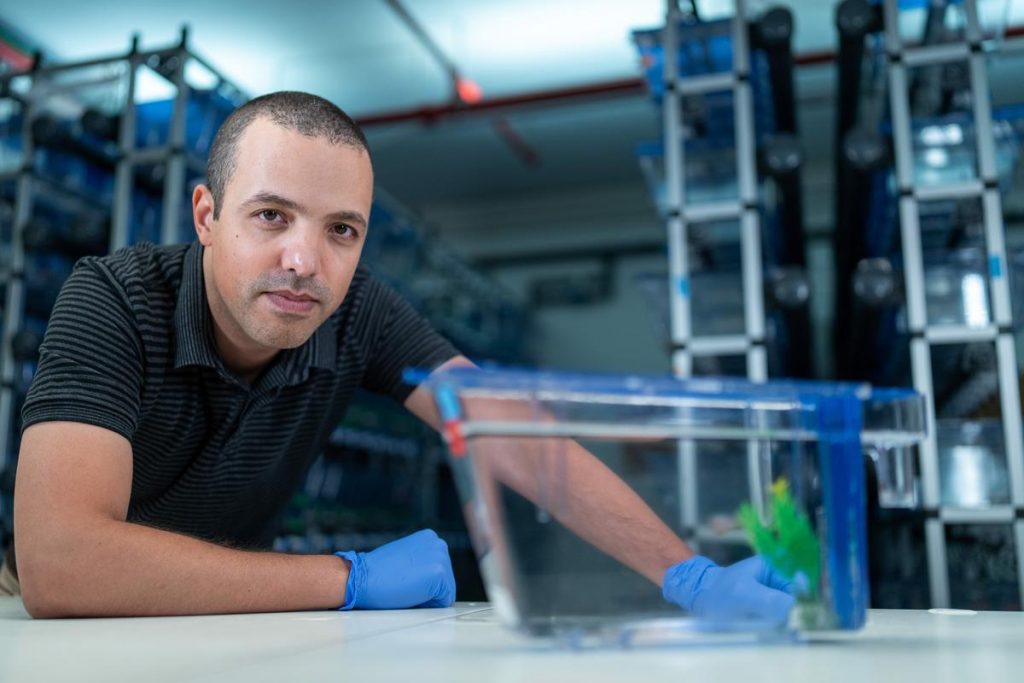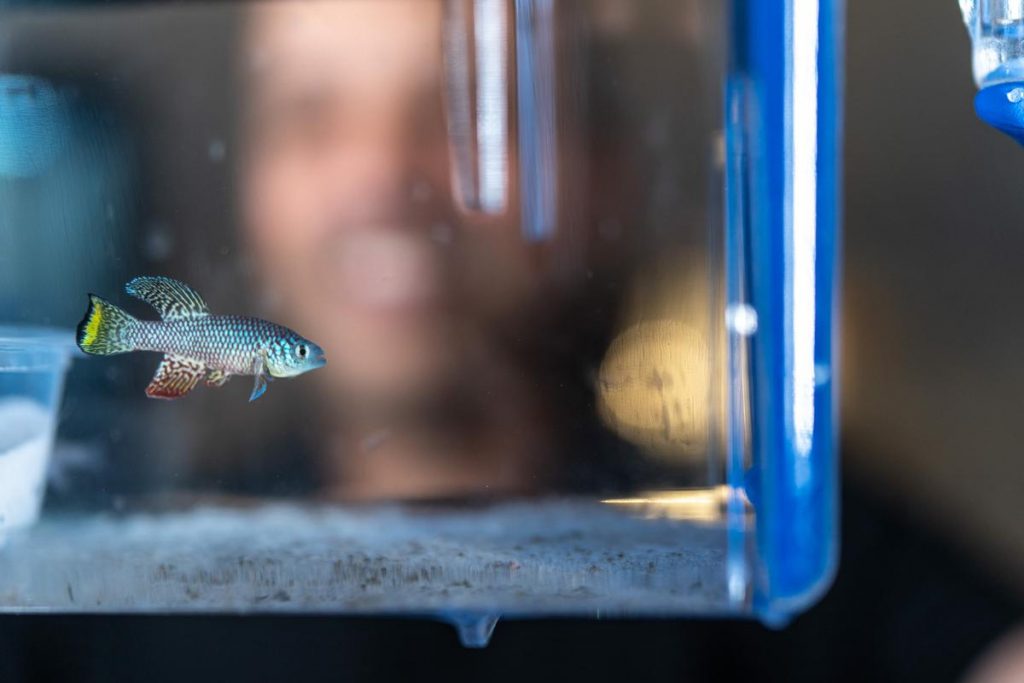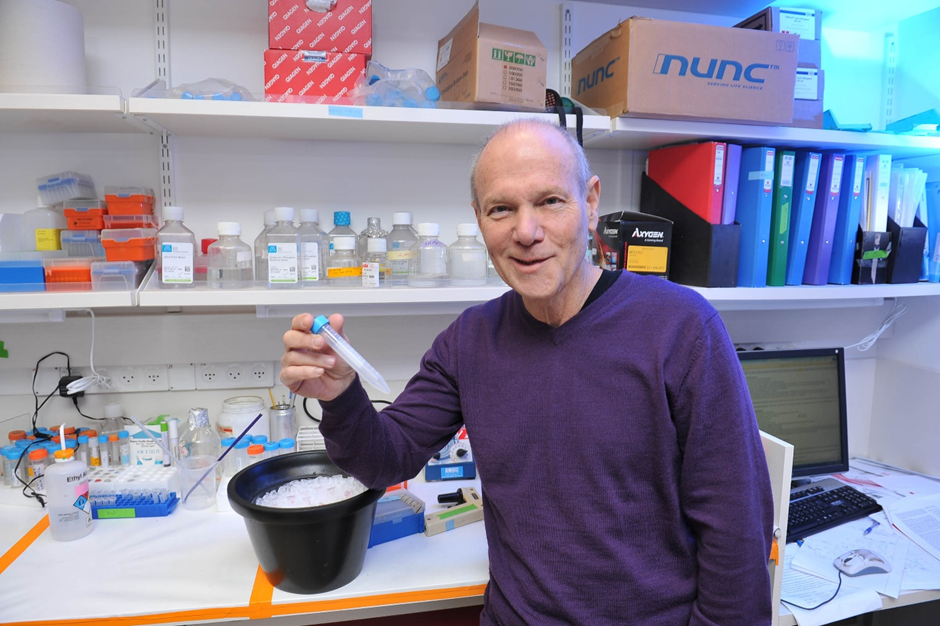
October 25, 2023 – An innovative platform for controlling peptide hormones in fish, developed by Hebrew University of Jerusalem researchers, could transform fish farming techniques and clinical hormone administration for humans.
According to Prof. Itamar Harel, of the Hebrew University Alexander Silberman Institute of Life Science, “Our platform opens up new horizons for comprehending the role of peptide hormones in vertebrate biology and provides a powerful research tool. It also holds promise for applications in aquaculture and the exploration of interventions to enhance longevity in humans.”
Peptide hormones from the pituitary gland play a vital role in regulating key life events in vertebrates, such as growth, reproduction, metabolism, and aging. Precisely controlling hormone levels over various timeframes is crucial for properly managing these traits. However, conducting experiments to regulate hormones within living organisms has historically been a challenging endeavor.
In a significant breakthrough, the research team used the small turquoise killifish as a model organism. Their technique unveils a versatile platform capable of conducting two types of manipulations: loss-of-function and gain-of-function studies that target peptide hormones in fish. By manipulating three primary pituitary hormones – growth hormone (GH), follicle-stimulating hormone (FSH), and thyroid-stimulating hormone (TSH) – the researchers observed that hormone-deficient fish displayed significant changes in somatic growth and reproduction.

These results indicate that, despite the killifish’s exceptionally rapid growth and maturity, it relies on genetic networks shared across vertebrate species.
In the second research phase, the scientists devised a system to precisely control hormone expression. This system attaches a specialized fluorescent marker to the hormones and then introduces these marked hormones into the fish’s body using a technique called intramuscular electroporation. Remarkably, a single electroporation treatment enabled hormone-deficient fish to maintain essential traits, including reproductive capabilities, for extended periods. The researchers demonstrated the adaptability of their method by combining multiple hormonal interventions, precisely controlling their levels, and regulating hormone activation as needed.
The research paper, titled “A scalable and tunable platform for functional interrogation of peptide hormones in fish,” is now available in eLife at https://doi.org/10.7554/eLife.85960.
Additional researchers from this study include Hebrew University Ph.D. student Eitan Moses and postdoctoral researcher Dr. Roman Franek, all from the Hebrew University of Jerusalem.
NOTE: The Hebrew University of Jerusalem is resolute in its dedication to advancing research and education during these challenging times of war and crisis. AFHU stands together with the University in full support of the brave individuals on the frontlines, safeguarding Israel and the well-being of her people.




